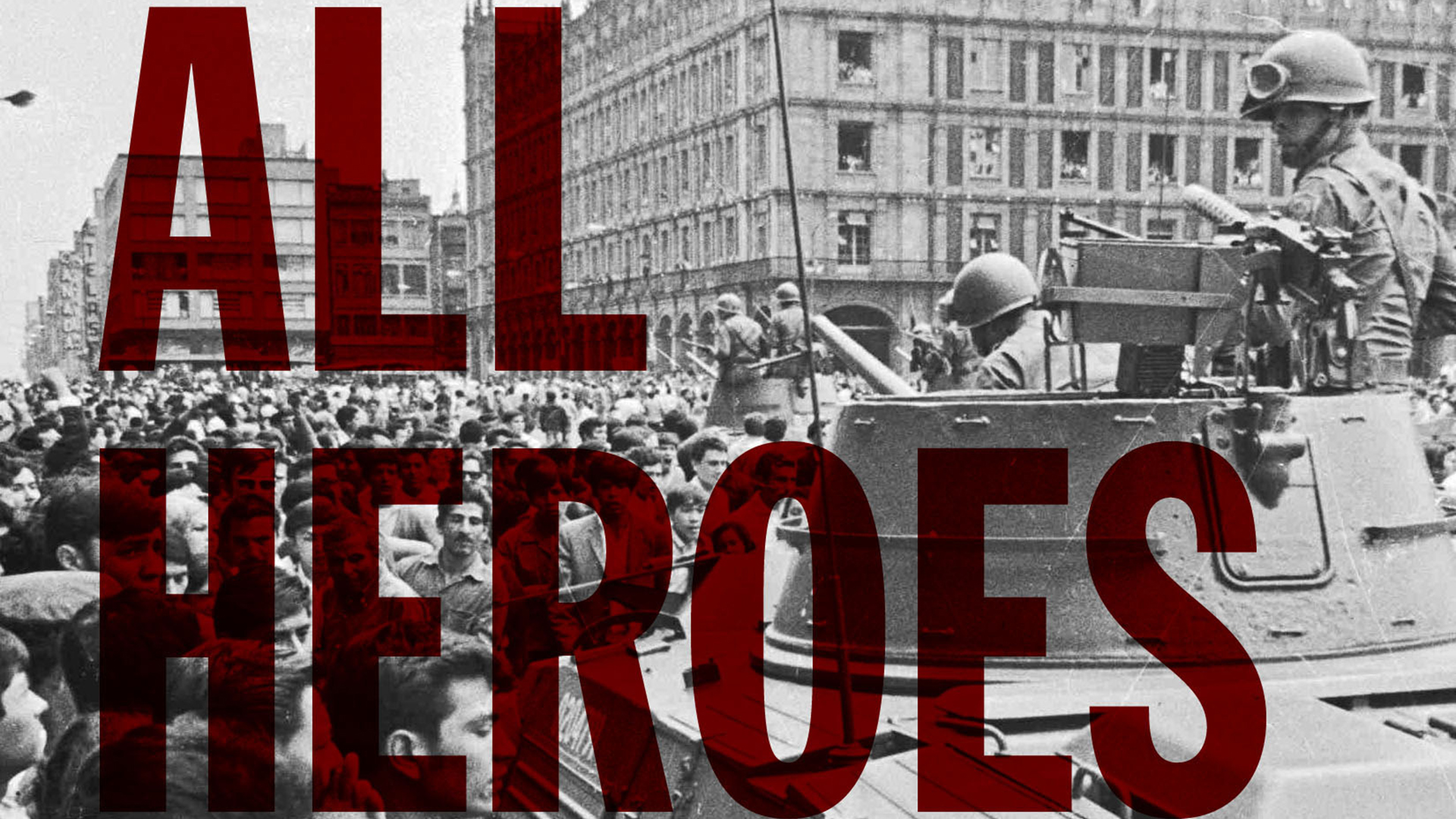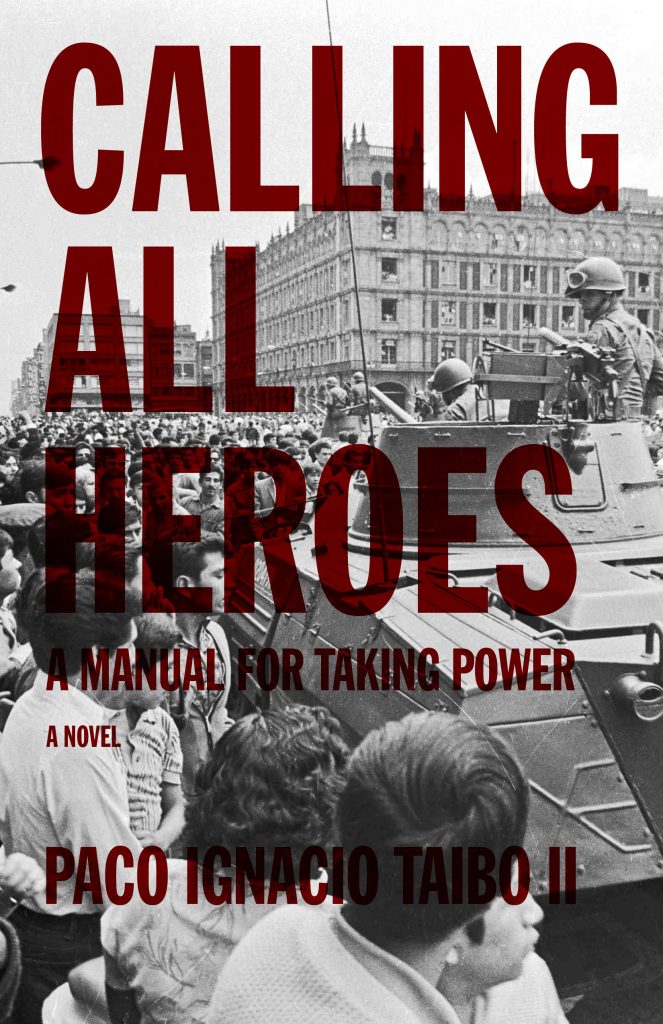By Ernesto Aguilar
Political Media Review
August 19th, 2010
“What do you read for fun” is indubitably one of those questions for which answers are reserved for fiction writing, Garfield and celebrity gossip magazines. Fun. Harmless a word, though loaded with assumptions.
How fiction ended up among cartoons and whispering about pop stars in the kingdom of frolic is largely the purview of large commercial presses, more than happy to serve up enough romance hokum, serial killer mysteries and made-for-wannabe- angsty-indie-film pap to keep lots of people happy while besmirching Eduardo Galeano’s presence in the process. Even political fiction, stories of a particular context and story arc, is a victim to profit demands. Thus North American political fiction is generally occupied by FBI staffers, legislators and spies. Chalk the agent/double agent popularity in U.S. political fiction up to authors who seemingly write for the lucrative world of film rights as well as an audience. Patriotism most certainly plays into this genre as well.
Mexican author Paco Ignacio Taibo II’s writing is exhilarating because he demonstrates what great topical fiction can be. Creative, imaginative and textured, The latest Taibo offering in English, Calling All Heroes: A Manual for Taking Power (PM Press, 2010), is equal parts history as fantasy. Here, the Mau Mau converge with Old West gunslingers and anti-colonial guerrillas in a period in Mexican memory ripe with promise as tragedy: 1968, a time of Black Power salutes that would go down in history books and of massacres those in power tried to get Mexico’s people to forget. Here a wounded journalist, two years after the slaughter at Tlatelolco, attempts to scrape from the ashes of the dead new hope for a revolutionary uprising against the oppressive system under which he lives.
Startling in its telling, Calling All Heroes is at times moving at a speed that punctuates the heat of the moment. Images of Musketeers and assorted radicals pass through dreams and delusions, and the prose skips quickly from storytelling to notes to polemical teach-ins. Over his 50 books, Taibo is best known as a political historian and documentarian of struggles. His stories have traditionally been about what could have been as they are about what transpired. In this work, bored militants and dashed dreams find solace among eighteenth century purloined museum pistols, poisoned water and insurrectionary betrayals. Though steeped in the urgency of the times, Taibo, writing in his native Spanish language, has previously composed books that also spoke of melancholy, humor and loss. In this English translation, much of that spirit is gently maintained by Gregory Nipper. Although brief in this telling, Taibo reminds us what a real tragedy Tlatelolco was in the hearts of Mexican youth in 1968. With many liberties, he also gives us a new ending had familiar sprites come to the rescue like a ghostly cavalry over the horizon.
Reading Calling All Heroes requires a release of the known for a moment. Some images here are forever associated with particular places, and their relocation to Mexico in 1970 to cross swords with the country’s authoritarian regime of the period is rather jarring. Political fiction, so often wedded to the grime of reality and human frailty, makes such an effort no light task. If you can step away though, Calling All Heroes will beckon you in, as all great fiction should.







